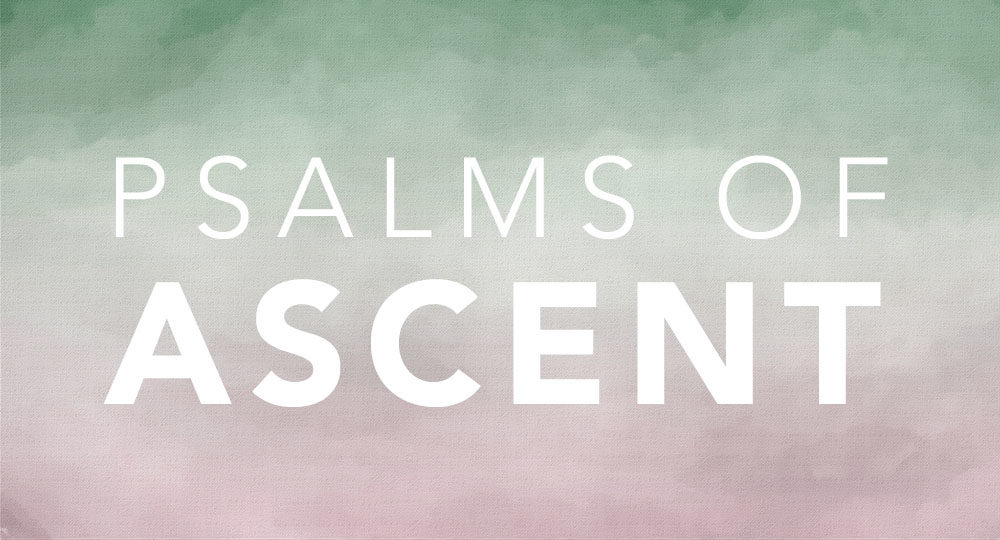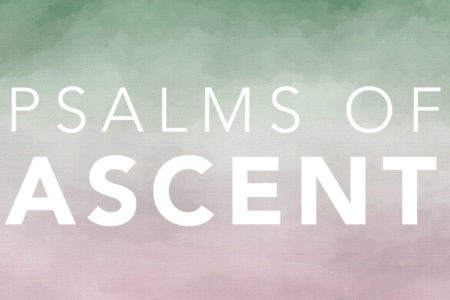Psalm 127: Our Provider
Situated at the midpoint of the Psalms of Ascents, Psalm 127 is didactic, or instructional, and is attributed to King Solomon. Confronting the reality of daily existence, it motivates readers to set their priorities for a truly fulfilling life.
The psalm opens with three interconnected statements:
- “Unless the Lᴏʀᴅ builds the house, they labor in vain who build it.”
- “Unless the Lᴏʀᴅ guards the city, the watchman stays awake in vain.”
- “It is vain for you to rise up early, to sit up late, to eat the bread of sorrows” (vv. 1–2).
Using the basic necessities of shelter, security, and work, Solomon figuratively described a life consumed with priorities that do not acknowledge God.
In the example of building a house, Solomon reminded his readers of the importance of planning in accordance with God’s will. Though providing shelter for oneself and one’s family is necessary, it alone does not bring fulfillment. Creating blueprints, securing funds, amassing materials, and exerting effort in the construction process can only be fulfilling if God is at the center of the activity.
The phrase unless the Lᴏʀᴅ guards the city refers to security. A safe city is essential for the well-being of the inhabitants, but watchful protection cannot contribute to fulfillment in life because no security system is impenetrable. There are too many variables over which human beings have no control. Those obsessed with maintaining security are trapped in a vicious cycle of trying to achieve the humanly unachievable. Ultimately, it is a vain exercise. People who are truly secure acknowledge God’s hand of protection as the source of their security.
Then Solomon used the figure of a driven man to describe unwillingness to trust God. The idiom “bread of sorrows” communicates the picture of someone obsessed with guaranteeing his family will never go without. A workaholic, he rises early and sits up late, haunted by fear that every moment not engaged in labor is a missed opportunity for increasing his wealth.
But a strong work ethic does not ensure freedom from want. Rather, this man’s compulsive obsession for work produces a life of tedious, unsatisfying labor. The only real guarantee against want is acknowledging God’s gracious provision.
Next, in contrast to vain activity, the psalm makes two important statements using seemingly unrelated examples: one about sleep and the other about children.
At the end of verse 2, Solomon declared, “For so He gives His beloved sleep.” The Hebrew word translated “for so He gives” conveys the idea that anxious care does not guarantee a good night’s rest; sleep is God’s gift to those who trust Him (Ps. 4:8). Unfortunately, sleep deprivation due to stress and anxiety plagues those who seek fulfillment in activity that is not at the center of God’s will.
In the next statement, Solomon observed, “Behold, children are a heritage from the Lᴏʀᴅ, the fruit of the womb is a reward” (127:3). In Hebrew, the repetition of a thought adds twice the emphasis; the priority of ordering one’s family life carries double significance. Children are a heritage because they assure posterity. Solomon likened them to a quiver of arrows available to an archer in battle. If a warrior has more arrows in his quiver, he has a greater chance for survival.
Children are also a reward. Nurturing and instructing children is an investment. The practical dividend is grown children who are able to assist and comfort their parents as they age.
As they sang this psalm, pilgrims making their way to Jerusalem to worship God at the Temple were reminded that ample shelter, high-level security, and frenetic work can never satisfy. Only by establishing priorities within the parameters of God’s will can we enjoy true and lasting fulfillment in life.





